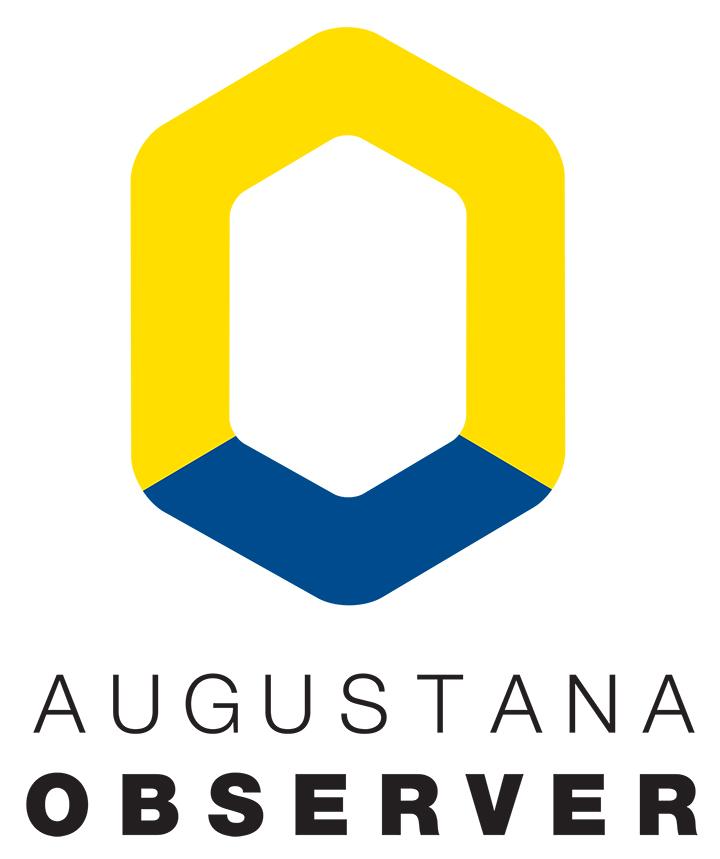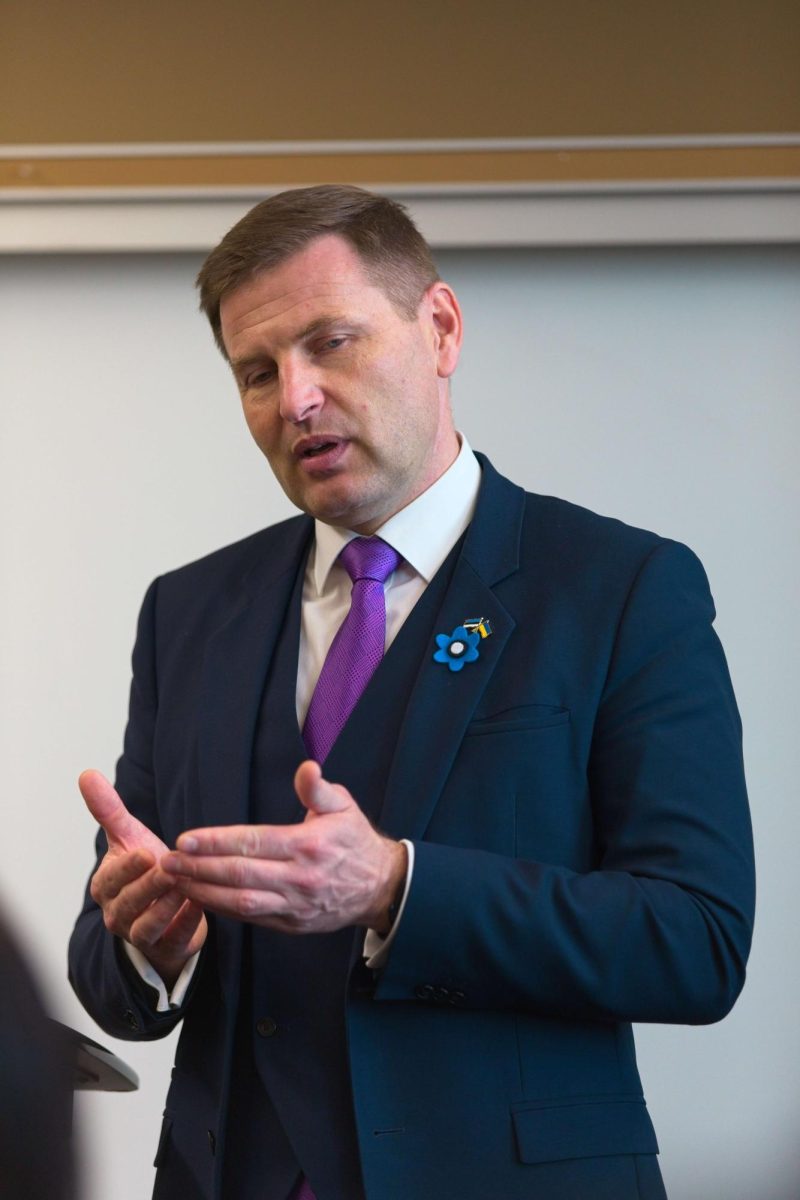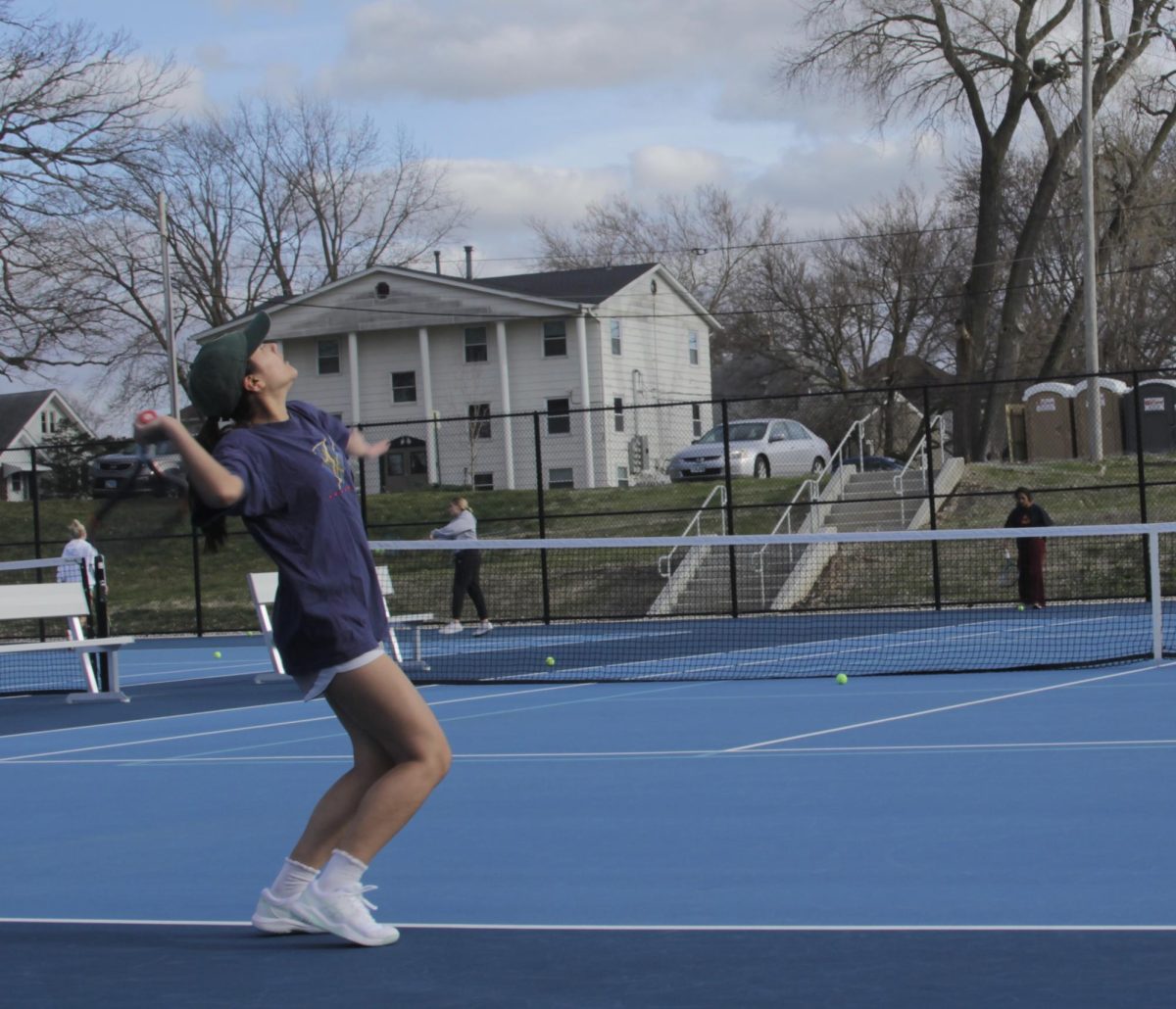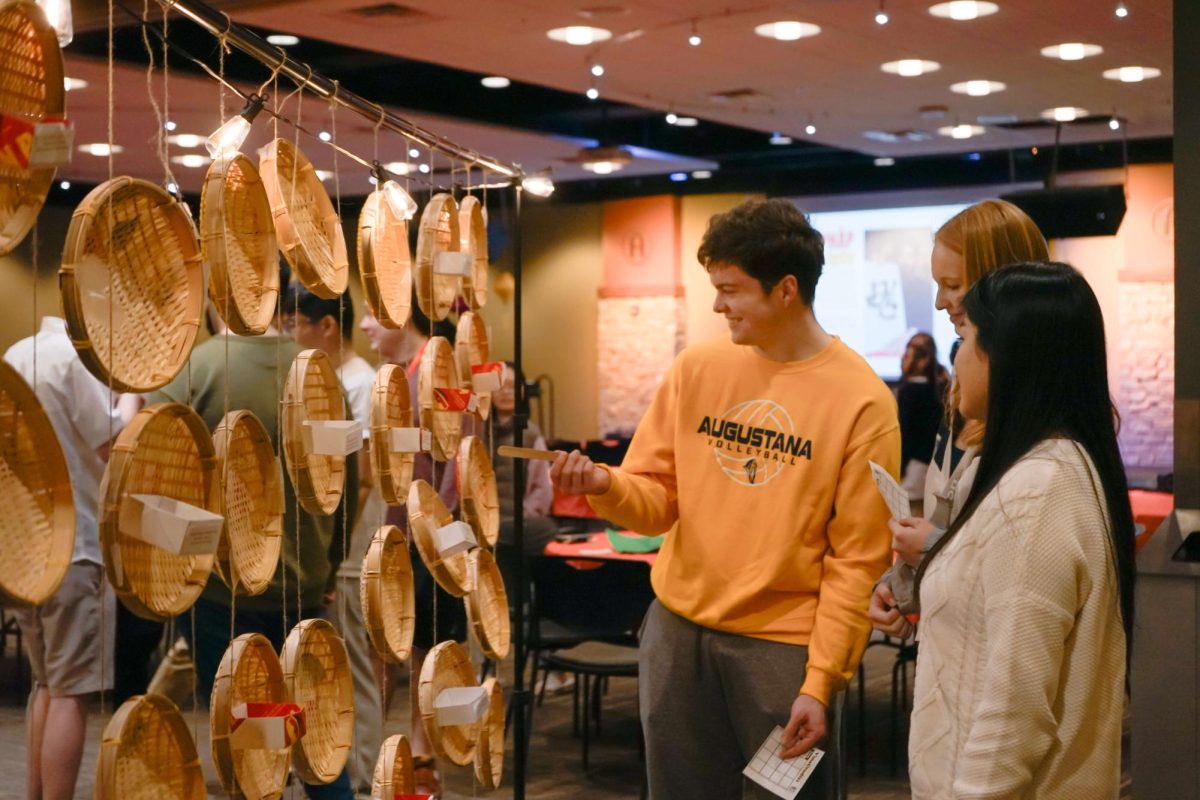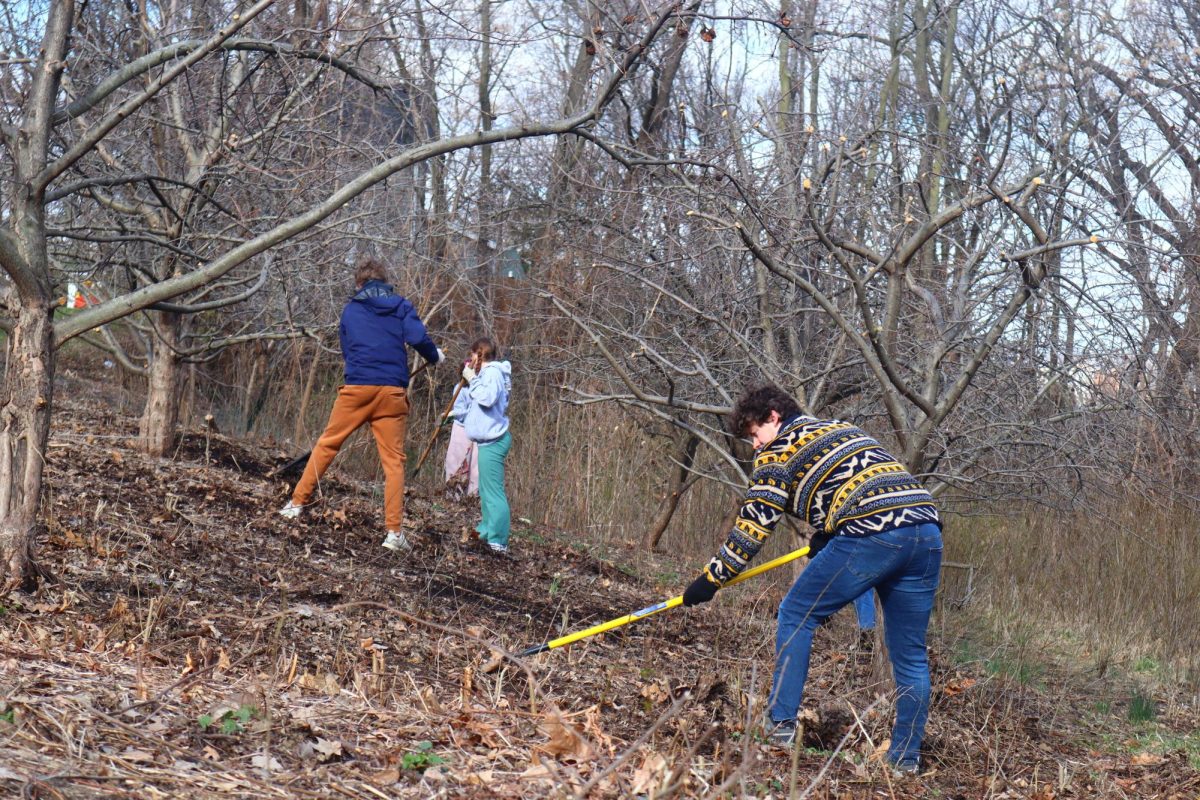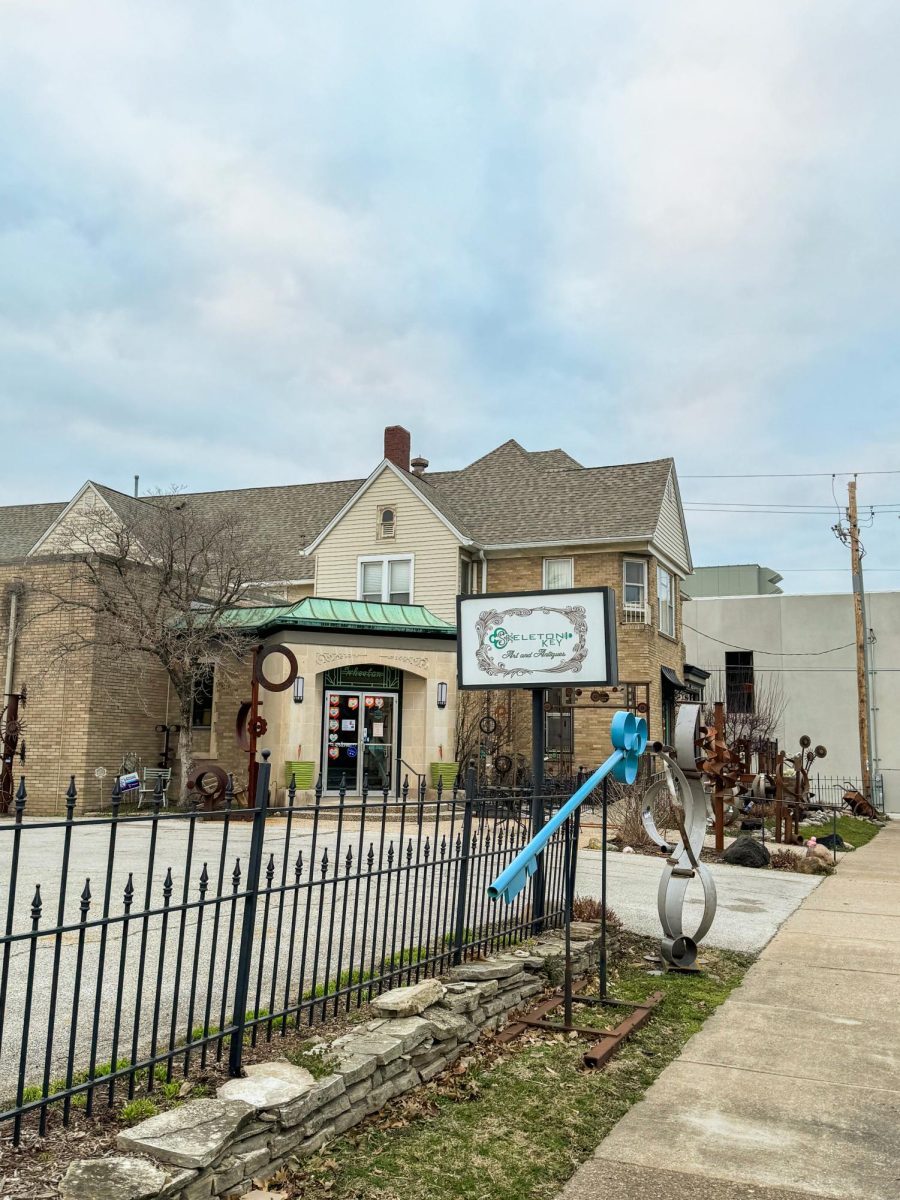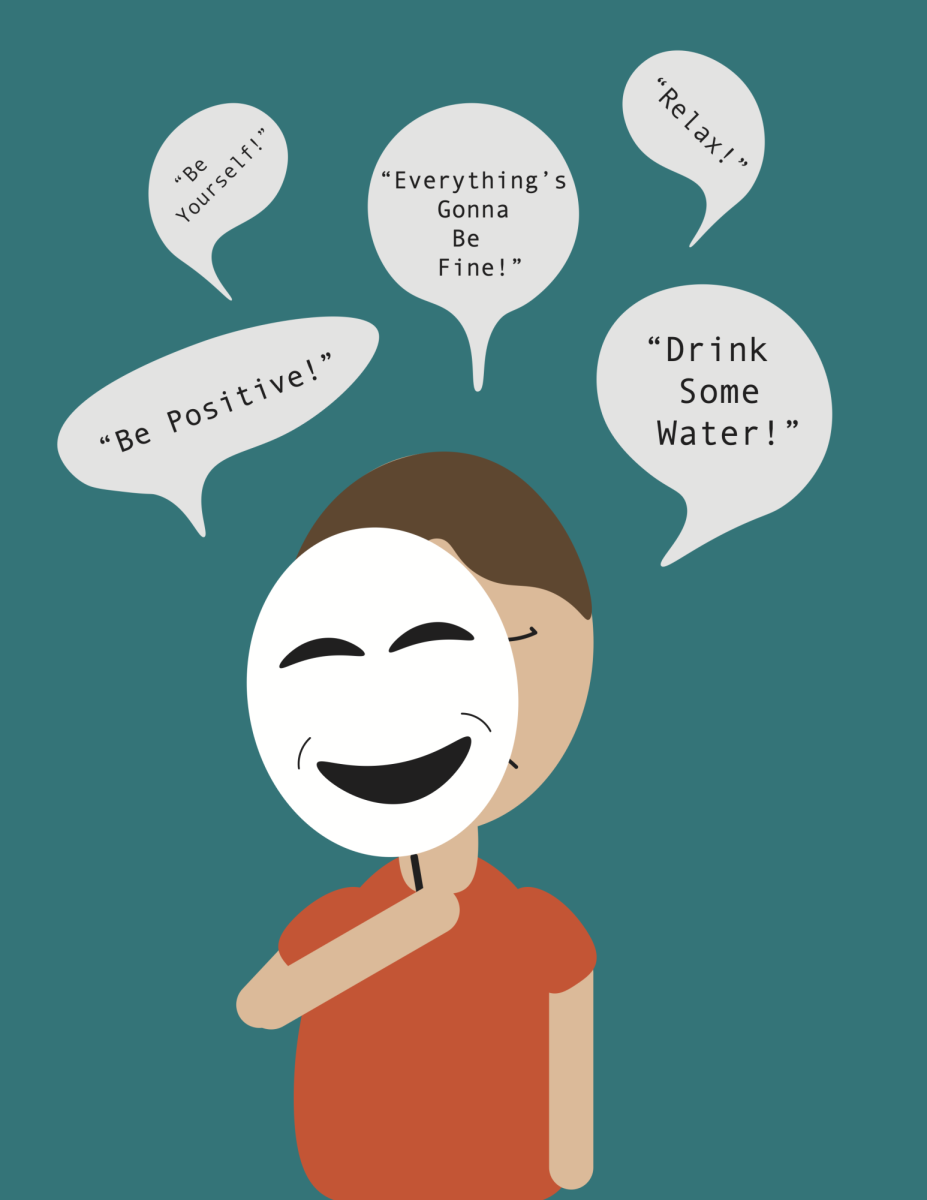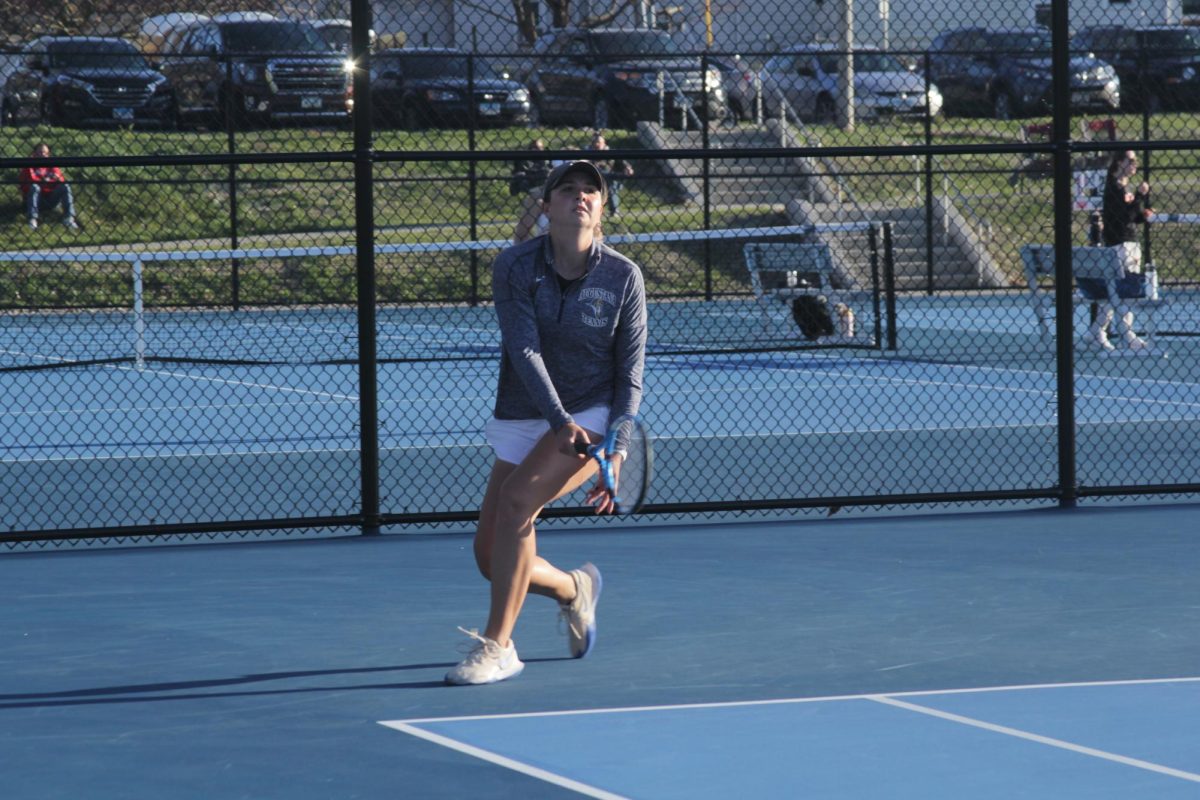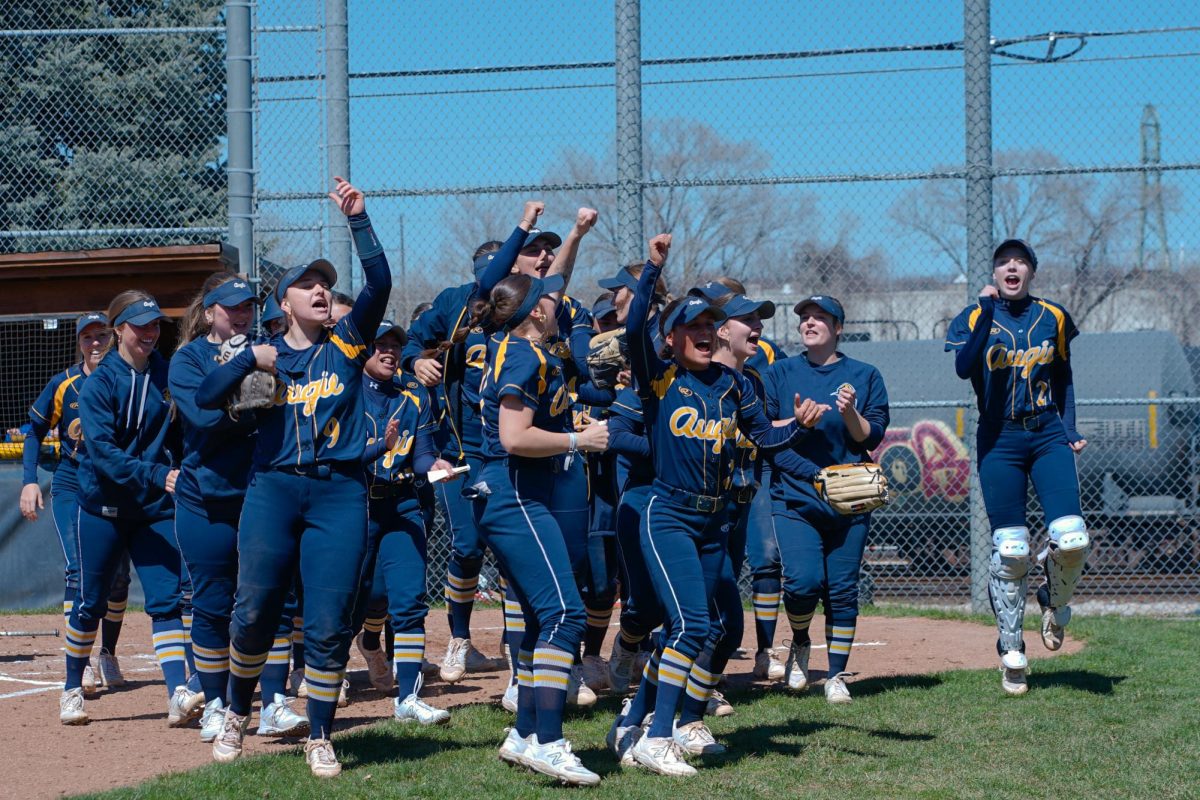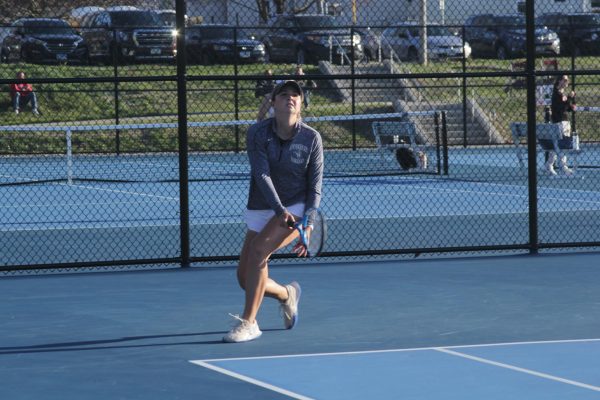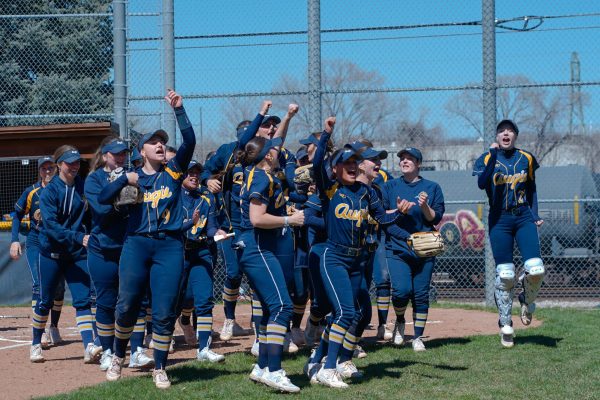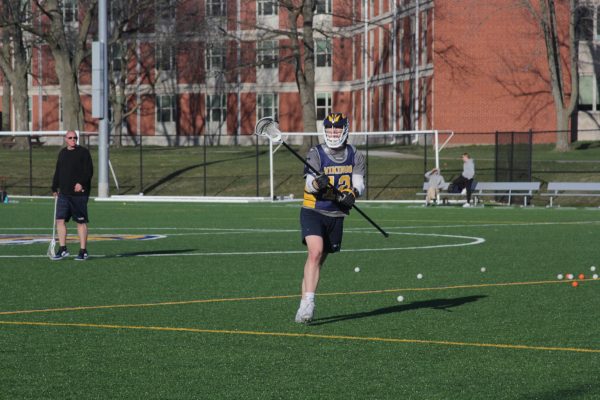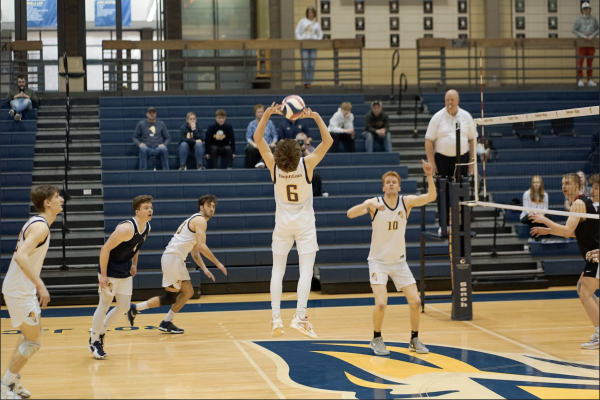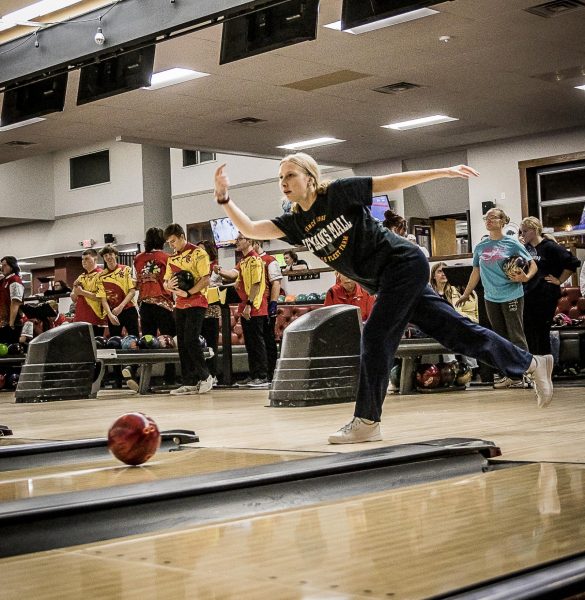New athlete ally program seeks to create a safe space for queer athletes
March 3, 2022
The dominance of masculinity and femininity in sports culture poses serious challenges to athletes who identify as queer. Athletes are pushed to fit into gender norms, often ignoring athletes that identify otherwise.
A new student-led initiative, Athlete Ally, created by senior Amy Nicholson, seeks to normalize queerness in the athletic programs at Augustana.
Athlete Ally is an LGBTQ+ athletic advocacy group on a mission to end the homophobia and transphobia in sports and to activate the athletic community in which all athletes are equal. Under the Augie chapter, the group aims to advocate for safe spaces for queer athletes and fight against certain legislation barring them.
Nicholson started the chapter in late spring of 2021 with the goal of promoting safe spaces and inclusion for all athletes.
“Athlete Ally aims to provide safe spaces for queer athletes as well as fight against certain legislation and encourage people to be aware of the issues that queer athletes face,” Nicholson said. “So I’m working on expanding our base of people, whether queer or not, the goal is to accommodate students and give them the safe space to compete.”
The program’s faculty advisor, Zachary Draves, believes the program embodies good sportsmanship because sports provide a shared social space to build connections and friendships.
“We are talking about safe spaces, and we’re talking about spaces of affirmation and validation,” Draves said. “Sports provide us a place where people go to show their talents, allow people to be in sync with others who enjoy the same thing they do and build connections and friendships. It should be a space where you’re validated, supported and embraced for who you are.”
Speaking on the coexistence of the queer and nonqueer athletes in our ever-changing sporting world, Draves encourages nonqueer athletes to get educated about current language, policy and events surrounding LGBTQ+ athletics. He also emphasizes the need for queer athletes to be confident about their gender and sexuality.
“Nonqueer athletes should be educated and be up to date with current language, current policy, and what’s going on in the LGBTQ+ sporting world,” Draves said. “We’re now seeing a plethora of LGBTQ+ athletes coming out in unprecedented ways that we hadn’t seen in years prior. For queer athletes, I want them to be proud of who they are because there is a community and a space to accept them, love them and resources that support them.”
Junior Cassidy Petrie also wants all nonqueer athletes to educate themselves and listen to discourse about LGBTQ+ rights and experiences as athletes.
“Listen and educate yourself. Recognize what you can do to uplift others, and most importantly listen to people if they have issues, if there’s something that’s bugging them or if they feel unheard,” Petrie said. “It’s just to step back and recognize that you know your place as a straight person when a queer person is talking to you and just educate yourself and others.”
Nicholson claims that gender expression in sports does not undermine one’s ability and athleticism. She wants biased perceptions of athletes’ gender identity detached from their participation in sports.
“Being a queer athlete does not mean that one’s performance is defective. Queerness is simply a part of our identity just like our athleticism is, and they shouldn’t be completely separated,” Nicholson said. “They should almost complement each other and be accepted as aspects of one person rather than conflicting identities.”
